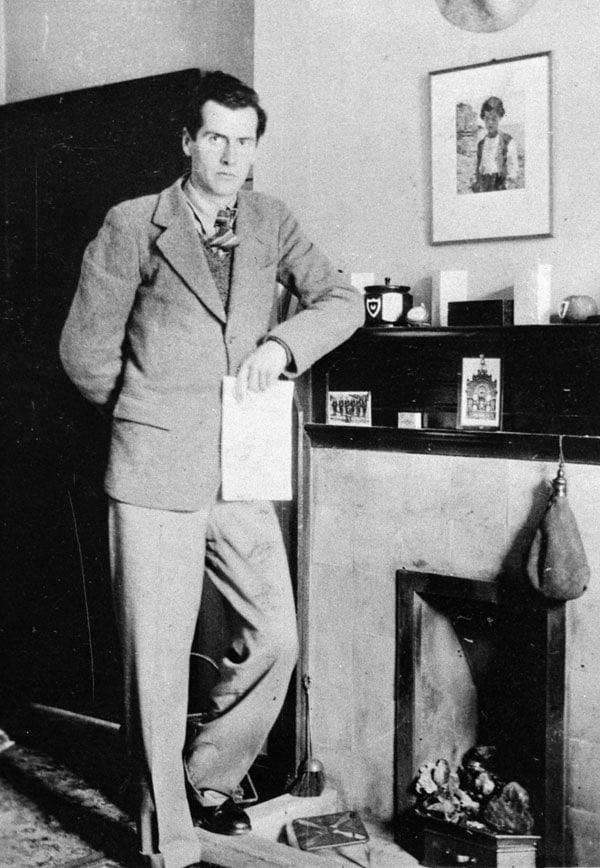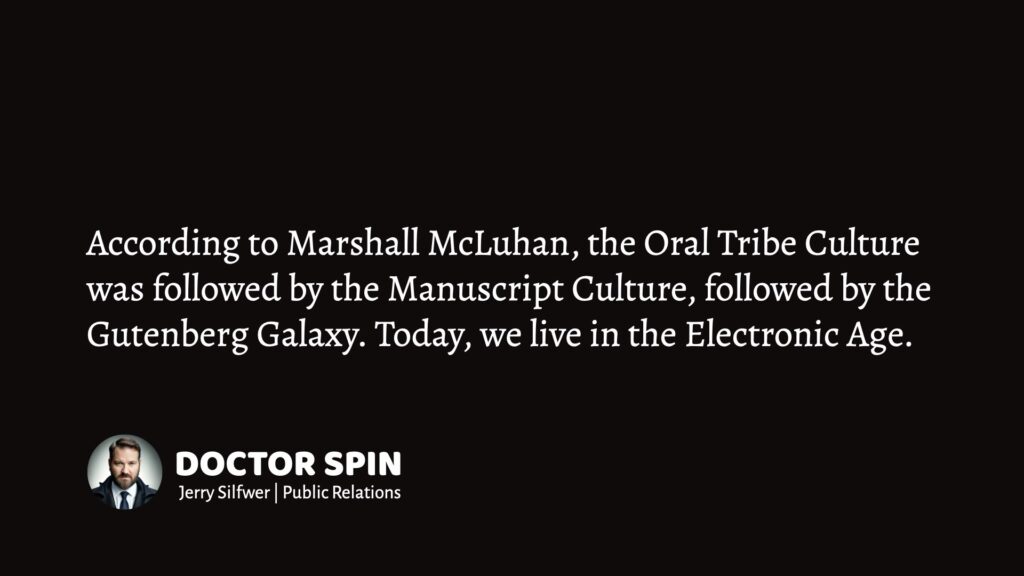Netflix premieres a new show, House of Cards.
Nowadays, everybody loves to hate Netflix, especially regarding the scarce selection of movies and television shows. What difference will one new show make, especially a pilot that’s gotten some pretty mixed reviews?
Well, House of Cards will most certainly make a difference.
Here we go:
House of Cards — Not Just Another TV Show
Netflix is relatively new here in Sweden, but I got used to it when I lived in Manhattan. Today, we can also choose to watch television on Magine, Voddler, and Headweb. (HBO just launched here.)
Television and the web are a match made in heaven. And, I sure watch many videos for someone who doesn’t own a television. I should be grateful I have so much to watch; we could all spend our lifetimes discovering new YouTube content if we wanted to.
But here’s the thing:
It doesn’t work like that. We’re like blood-thirsty animals who just had their first kill; we want more. So when Netflix adds another television show, it should only be yet another distraction for many.
A New Breed of TV Shows: Originals
House of Cards is an original Netflix series. That means that Netflix has produced their television show.
“So, what? I knew that already!”
Let’s think about what an original television show means. Putting together a television show is no small mountain to climb in this day and age. Did Netflix succeed? After watching the first episode of House of Cards, I’d say the answer is “yes.”
Not because it’s that good, but because I did watch it. And because I’ll keep watching it — I believe many others will, too — and that’s not a tiny thing. After all, Netflix is a website, not a traditional television production company.
Yet.
House of Cards has quality writing and great photography. With all that’s going on in American politics, it has relevance.
House of Cards Will Disrupt Streaming
Why would Netflix take such a risk? Netflix has heard complaints from users who crave more content.
It doesn’t take a genius to figure out that Netflix would be willing to endure a little less hassle when trying to land contracts for new third-party productions.
Why is it so difficult for Netflix to land contracts? The owners want to make money from the content, which is understandable. Unfortunately, their strategy is to push platforms like Netflix to produce their content.
Netflix has asked itself if it can produce such content to circumvent the current system. And apparently, they can.
Now, who’s the loser when Netflix can produce proprietary material? Rights owners think they can hold on to the outdated value chain — a chain where a movie hits the cinemas then hits DVD stands and then gets shown on television after years and years.
But this model won’t work in the age of the internet.
Coming Soon: “As Seen On Netflix”
If we compare the situation to that of the music industry, Spotify has given us a glimpse of the future of music consumption.
However, Spotify managed to fill its libraries with enough third-party content that it never had to contemplate creating its own music.
But Netflix had to.
And now, this door seems to be open.
Who knows?
“As seen on TV” might become “As seen on Netflix.”

THANKS FOR READING.
Need PR help? Hire me here.

PR Resource: The Electronic Age
Enter: The Electronic Age
Human culture is often described based on our access to production technologies (e.g., the Stone Age, the Bronze Age, and the Iron Age).
According to Marshall McLuhan and the Toronto School of Communication Theory, a better analysis would be to view societal development based on the prominence of emerging communications technologies.

McLuhan’s Four Epochs
McLuhan suggests dividing human civilisation into four epochs:
“The Gutenberg Galaxy is a landmark book that introduced the concept of the global village and established Marshall McLuhan as the original ‘media guru’, with more than 200,000 copies in print.”
Source: Modern Language Review 1McLuhan, M. (1963). The Gutenberg galaxy: the making of typographic man. Modern Language Review, 58, 542. https://doi.org/10.2307/3719923

As a PR professional and linguist, I subscribe to the concept of the Electronic Age. I firmly believe society is unlikely to revert to the Gutenberg Galaxy.
Like the rest of society, the PR industry must commit to digital-first, too. Mark my words: It’s all-in or bust.
Read also: The Electronic Age and the End of the Gutenberg Galaxy
Annotations
| 1 | McLuhan, M. (1963). The Gutenberg galaxy: the making of typographic man. Modern Language Review, 58, 542. https://doi.org/10.2307/3719923 |
|---|


